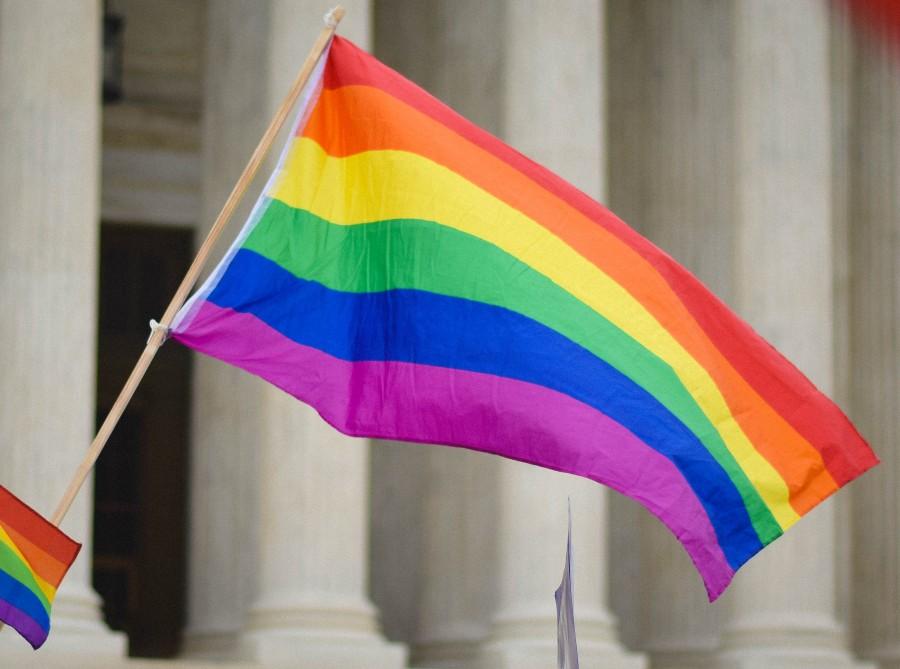Religious freedom laws spark outrage
Last June, the United States Supreme Court upheld the constitutionality of gay marriage across the nation. The landmark case, Obergefell v. Hodges, was a breakthrough for the LGBT community. Since then, however, they have faced major setbacks, such as multiple states’ refusal to comply with the ruling and the recent state laws that infringe on their rights.
These laws have been proposed or have recently been signed into law in Mississippi, North Carolina, Georgia and South Carolina. The first three are trying to pass legislation that would allow business owners with “deeply held” religious beliefs to deny service to LGBT customers. Mississippi is the only state to have its governor sign the bill; North Carolina and Georgia state legislatures voted for the bills to become law, but are waiting on their respective governors to sign them. These “religious freedom” laws are being justified by their supporters as preventing discrimination of citizens who adhere to their religion’s views. For example, if a coffee shop owner followed a religion that disapproved of homosexuality, the owner is within their legal rights to refuse a gay customer’s service. This is the same disgusting discrimination as the Jim Crow laws that allowed business owners to deny African Americans service in the late 19th to mid-20th century. Even the bill’s justification as protecting religious freedom is absurd. It allows bigots to discriminate against gays because they claim their religion calls for it, but that only protects one group’s religious rights. What about those being denied service? If their beliefs are that homosexuality is not a sin, then their religious freedom is being called into question. Slapping the label of protecting religion is a sad excuse to mask the prejudice people have against the LGBT community.
Additionally, North Carolina and South Carolina are also attempting to enact a state law that would prohibit transgender men and women from using the bathroom of the gender with which they identify. This means that a transgender man would be forced to use the women’s room, even though they consider themselves male. This issue is also heavily protested by LGBT members and supporters who claim that not only are the bills discriminatory, but they do not make sense. The law allows people to be forced back into the closet, so to speak. Obviously they do not want to be identified as the gender they were born as and to label them despite that is appalling. It is difficult to notice if a fully transitioned transgender man, for example, is transgender, so making them go into the ladies’ room would certainly make women uncomfortable; it is the same thing as telling cis-men to use female facilities.
In fact, a trans man named Michael Hughes illustrates this major problem. Hughes has been documenting his experiences when having to use women’s restrooms, showing that it leads to all sorts of issues. Having a very intimidating muscular man such as Hughes use the same restroom as women makes absolutely no sense and can cause women to feel uncomfortable, violated and even endangered. Even enforcing this would prove difficult, as Hughes argued that most people have been in the same restroom as a transgender person but have just never noticed.
Supporters of the bill question why trans people cannot simply use the bathroom that matches their “original” gender, but doing that would force them to give into the systemic discrimination that still plagues the country. But while the harsh reality of LGBT rights is very evident, there are some silver linings. Many big companies, from PayPal to Metro, are threatening to halt or discourage operations in these states to take a stand, with millions of dollars of business leaving the states because of these bills.
This backlash has had some success. Georgia Governor Nathan Deal vetoed the bill after pressure from citizens and companies, including Disney, which brings in millions of dollars in revenue to the state each year. However, economic pressure should not be needed for politicians to decide that this discriminatory legislation is not acceptable.
We have come so far as a country in terms of leveling the playing field that we cannot revert back to an “us and them” mindset that pits groups against each other and disadvantages people because of their race, gender, sexual orientation or other background. It is unknown if the remaining laws waiting for approval will become law, but no matter what the outcome, the United States still has a lot of work to do to be able to say that there is “liberty and justice for all”.













